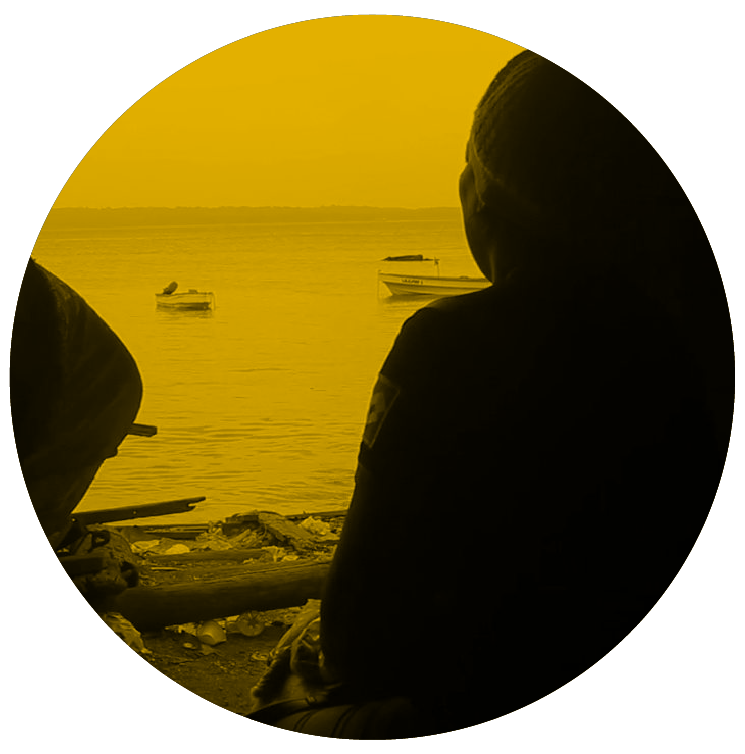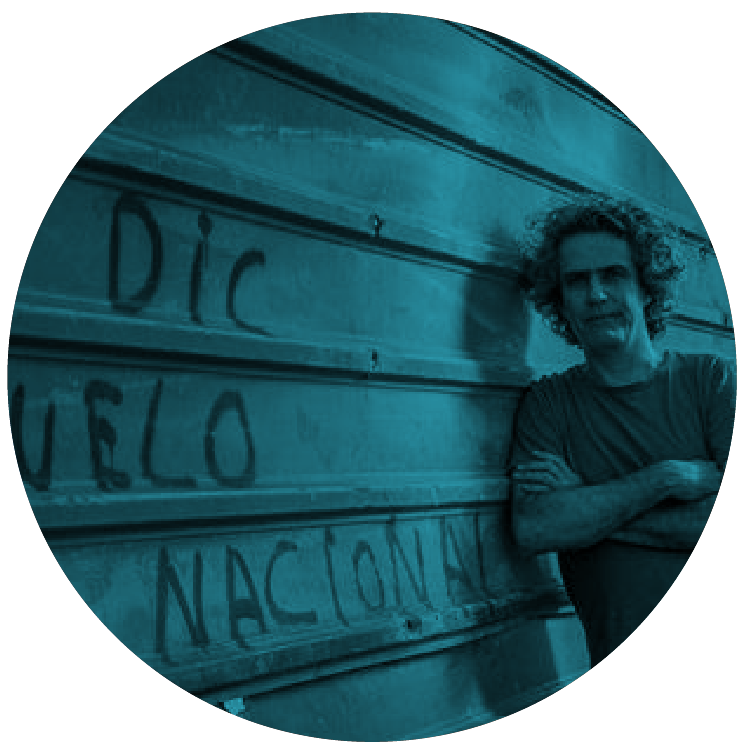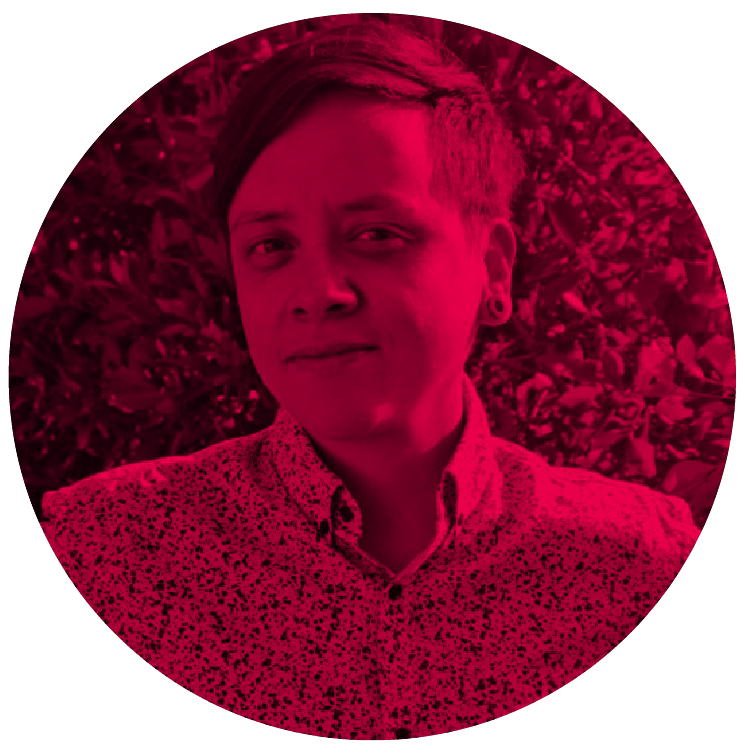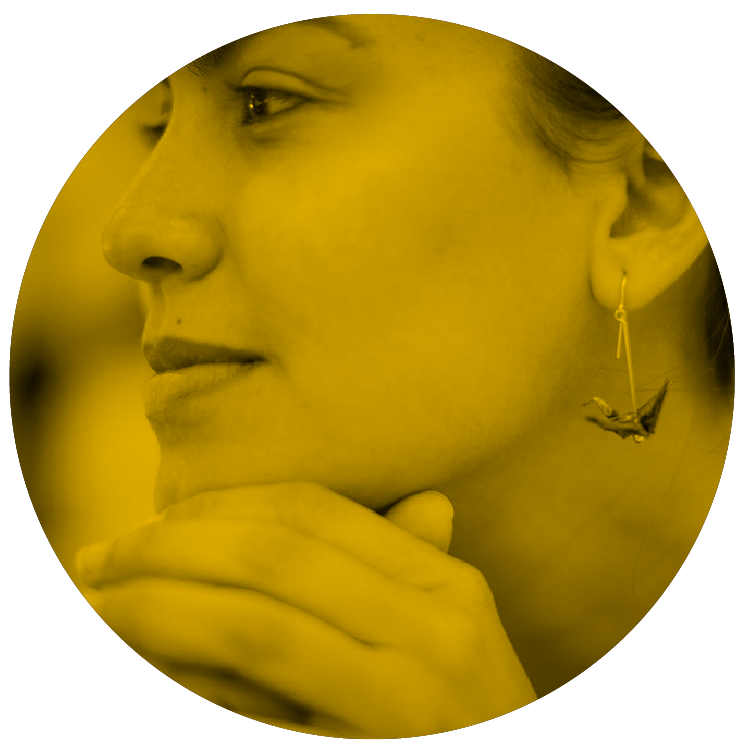FILMS FOR CHANGE
Film Festivals and Activism in Hispanic Culture
The power of film is undeniable. Film is a medium that can reach a large audience and promote social transformation through personal/regional stories that have the power to connect with international audiences.
What is the impact that films, in particular Spanish-language films, have on promoting social transformation and the role that films (from Spain and Latin America) can play in participatory democracy by promoting change and justice, as well as equity and diversity? When films that focus on themes of social justice are selected to be part of an international film festival, these local, independent and sometimes very personal stories are magnified and given an international platform.
Film festivals celebrate art, promote business, bring cinema to diverse audiences and raise key issues about how we see our world. In this regard, film festivals play a very important role in the knowledge mobilization aspect of the selected films and in their opportunity to reach international audiences. Furthermore, film festivals not only build markets and audiences, they also provide platforms for those advocating change. Film festivals, I argue, are adding an extra level to the discursive complexity, because these sites of exhibition have a history and development of their own.
Film festivals originated in Europe in the first third of the twentieth century to subvert the dominance of Hollywood and provide alternative exhibition spaces for fledgling national cinemas. By focusing on Spanish (San Sebastian and Málaga or others) and Latin American (Panamá, Cartagena de Indias or others) international film festivals we will review how their selections promote and advocate for social change, democracy, equity and diversity. Being subversive, proudly diverse and intentionally inclusive is part of these particular festivals’ DNA.
This elective field study course involves an international destination to a city where a film festival occurs (Panama; San Sebastian; Havana; Málaga). In this course students will be introduced to the importance of film as a window into a culture and the role that film festivals play in providing platforms for those advocating change. This course will empower students by offering direct contact with the region and the creators/directors that make these stories come to life. Additional topics related to the regional, economic and historical geography of the field trip destination are also examined.



